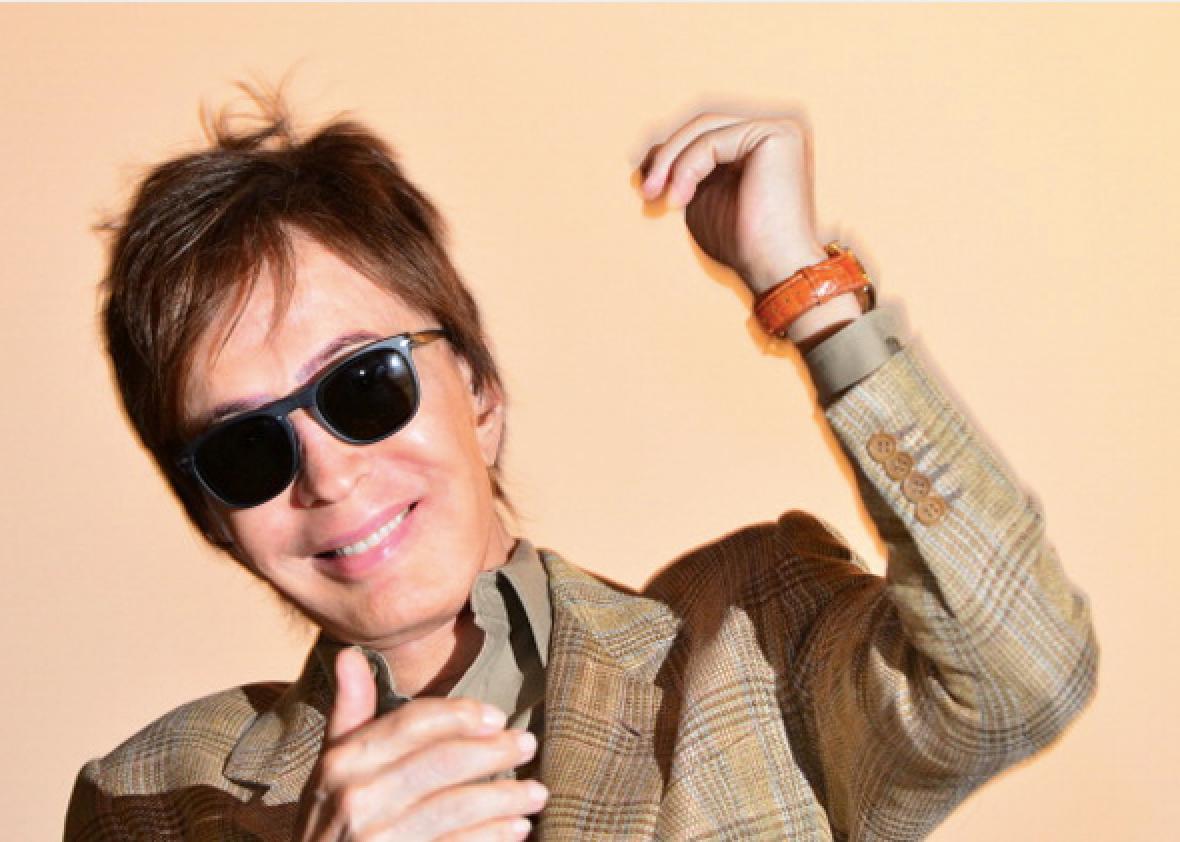Michael Cimino, the Academy Award–winning director of The Deer Hunter, has died at the age of 77, the New York Times reports. The initial news broke in a tweet from the director of the Cannes Film Festival, Thierry Frémaux:
Cimino, born in New York and educated at Michigan State and Yale universities, began his career directing commercials. In 1971 he moved to Los Angeles, where his screenwriting work on the Dirty Harry film Magnum Force got him a shot at directing Clint Eastwood in 1974’s Thunderbolt and Lightfoot. His follow-up, Vietnam drama The Deer Hunter, was a critical and commercial success on its release in 1978, earning him Academy Awards for directing and producing the picture.
But his career came to a halt with Heaven’s Gate, a Western that was beset by problems long before it reached theaters. Cimino parlayed excitment over The Deer Hunter into a deal with United Artists that gave him a great deal of leeway. But as Cimino overspent his budget, negative press coverage swirled, including a feature about Cimino’s perfectionism written by a reporter who worked as an extra to gain access to the closed-to-the-press set. Cimino’s workprint ran to more than five hours but nearly two hours of footage was gone by the time the film had a disastrous one-week run in the fall of 1980. When Heaven’s Gate was finally released wide in 1981—by then, just under 2½ hours long—it made less than $4 million. The film’s box office failure was widely cited as one of the primary causes whenUnited Artists was sold to Kirk Kerkorian shortly after its release.
Though he made other films, and even had other filmmaking debacles—his 1985 comeback film Year of the Dragon was picketed by Asian American groups for racist and sexist stereotypes; 1996’s The Sunchaser grossed only $21,000—his subsequent career was always defined by the Heaven’s Gatecatastrophe. In 2013 he finally released a longer cut of the film, which did much to repair its reputation: Slate’s Dana Stevens wrote at the time that the new cut “rivals any motion picture ever made for sheer pictorial beauty.”
Even before Heaven’s Gate, Cimino closely guarded his privacy and rarely spoke to the press, telling the Los Angeles Times in 1978, “I don’t like the notion of celebrity. … In the end, it just disturbs the work.” Over the decades to come, he refused interviews, underwent extensive plastic surgery, and became known for being reclusive. His relationship with the press reached its nadir in 2010, whenVanity Fair published a profile that focused on rumors that he was trans under the headline “Michael Cimino’s Final Cut.” (A twofer: a ghastly pun and a reference to Stephen Bach’s book blaming Cimino for the collapse of United Artists.) In a 2015 interview, he addressed his hostility to the American press, saying, “there have been so many false things written about me by people who don’t know me.” But he always believed in letting his films speak for themselves, as he explained back in 1978:
A film reflects who you are as a building reflects the soul of its architect. I think what you feel and what you think and what you are is what the film is. It’s not for me to talk about.
